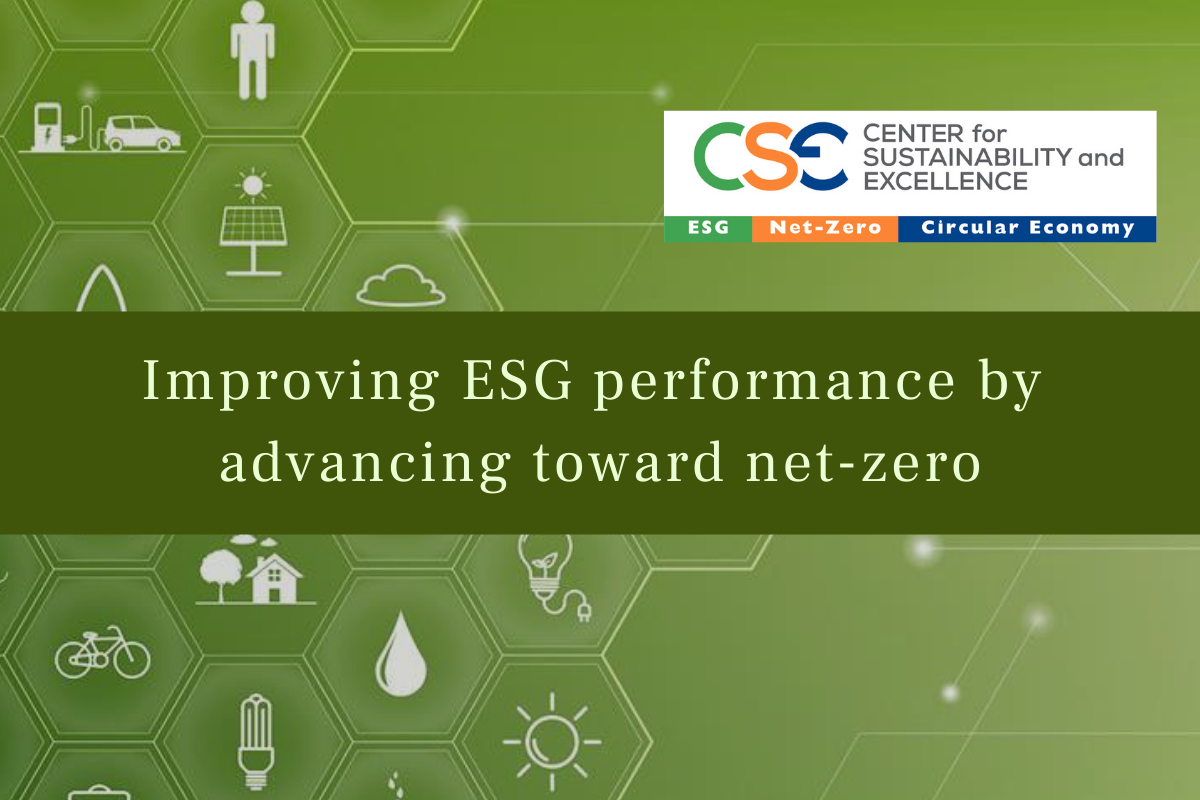Achieving net zero targets across a company’s value chain is one of the most important ESG-related ambitions. If world leaders want to have a chance of achieving the Paris goal, the world needs to limit the carbon emissions so the level of greenhouse gases does not rise any further after 2050.
The number of net zero targets that have been set by companies has risen, covering almost 80% of the global economy, according to Net Zero Tracker. This private sector leadership is giving policymakers the confidence to raise national targets, facing now an unprecedented pressure from investors.
Major emitters like United Airlines, BP, Nestlé and Dell have pledged to reduce their impact on climate change and reach net-zero carbon emissions by 2050. Steel company Fortescue announced it would make carbon free steel by 2040, through the use of green hydrogen. Moreover, NatWest, a major retail and commercial bank in the United Kingdom, plans to invest £100bn in climate and sustainable funding by the end of 2025, which could contribute 50% of the UK’s net zero target. Meanwhile, Volvo is developing fossil fuel-free transport systems in order to reach net zero emissions in the 2040s with a fully electric line-up of cars by 2030.
What’s important for companies to advance toward net-zero?
The first step is to understand where your company currently stands. Assess Scope 1 and Scope 2 emissions and quantify all other indirect emissions from the value chain (Scope 3). Scope 3 emissions are a dominant contributor to the overall environmental impact and therefore, reducing them is crucial. Since they are not under your company’s direct control, the quantification and reduction process is not an easy task.
The next step is to set your roadmap and secure a better financial future. Defining a vision and assessing your company’s emissions is not enough. Everything should be translated into measurable improvements.
Last, but not least, monitor your progress. It is crucial to recognize gaps to improve data availability and accuracy. Companies should also give emphasis in transparency, because it is a key element of good practice in net zero target setting.
Whether your company is just starting its decarbonization initiatives or you are seeking support to advance your strategy, CSE can help you along your decarbonization pathway.
Lead your organization along the Net Zero journey and join CSE’s flagship course, the Certified Sustainability ESG Practitioner Program, Advanced Edition 2022, Digital Version on February 24-25 & 28, to develop a successful sustainability (ESG) strategy and become Certified Sustainability ESG Practitioner by the most qualified training provider in the field.







